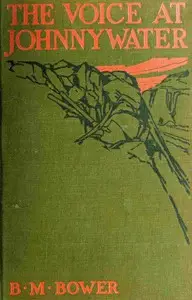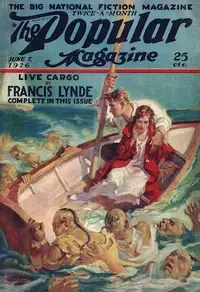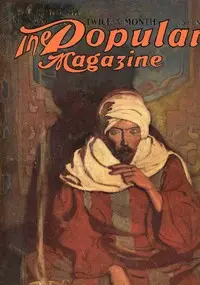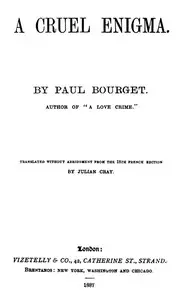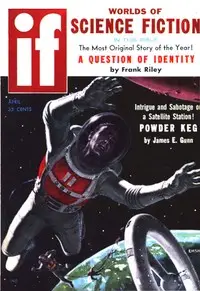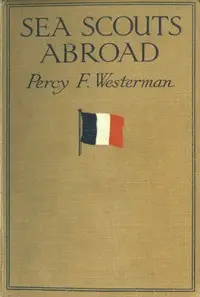"The Lonesome Trail and Other Stories" by B. M. Bower is a collection of stories written during the early 20th century. The narrative primarily unfolds in the American West, exploring themes of love, adventure, and the complexities of human relationships through the eyes of a cowboy named Will Davidson, who is known as "Weary." The stories intertwine humor and drama as they depict the unique lives and struggles of characters living on the fringes of the frontier. The opening of "The Lonesome Trail" introduces us to Weary Davidson, who grapples with his feelings towards women after a past experience with a girl in his hometown. The story sets the tone with Weary's discomfort in romantic situations, showcasing his interactions with his friends from the Happy Family and a mysterious schoolma'am who has captured his interest. As Weary prepares for a race day celebration, he finds himself in humorous and unanticipated predicaments with his horse, Glory, and inadvertently meets a girl who may alter his reluctance towards women. This engaging blend of humor and introspection provides a compelling start to the collection, hinting at the development of Weary's character across the stories. (This is an automatically generated summary.)

The Lonesome Trail and Other Stories
By B. M. Bower
"The Lonesome Trail and Other Stories" by B. M. Bower is a collection of stories written during the early 20th century. The narrative primarily unfold...
Bertha Muzzy Sinclair or Sinclair-Cowan, née Muzzy, best known by her pseudonym B. M. Bower, was an American author who wrote novels, fictional short stories, and screenplays about the American Old West. Her works, featuring cowboys and cows of the Flying U Ranch in Montana, reflected "an interest in ranch life, the use of working cowboys as main characters, the occasional appearance of eastern types for the sake of contrast, a sense of western geography as simultaneously harsh and grand, and a good deal of factual attention to such matters as cattle branding and bronc busting." She was married three times: to Clayton Bower in 1890, to Bertrand William Sinclair in 1905, and to Robert Elsworth Cowan in 1921. However, she chose to publish under the name Bower.

